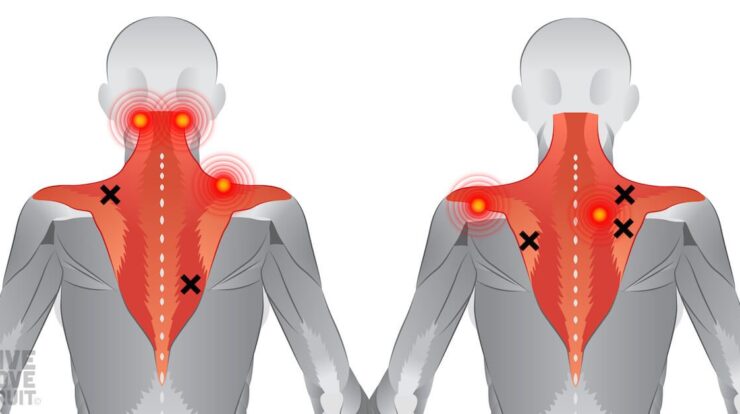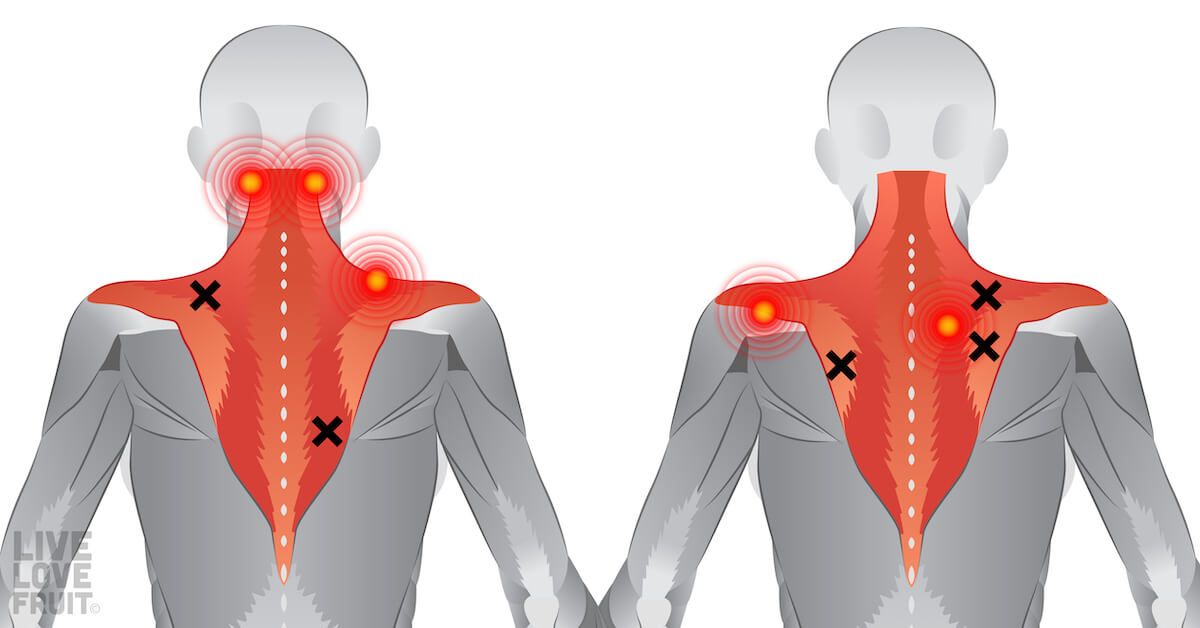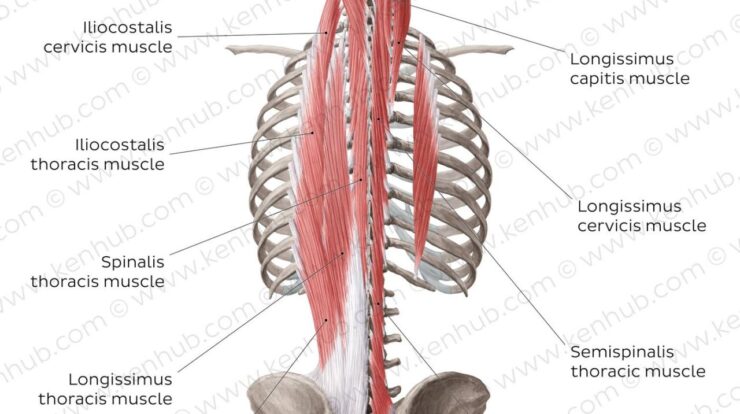
How can stiff and tight muscles result in back pain? Muscle tension is a common cause of back pain, and it can be caused by a variety of factors, including poor posture, repetitive movements, and stress. When muscles are tense, they can put pressure on the spine, nerves, and surrounding tissues, leading to pain.
In this article, we will explore the relationship between muscle tension and back pain, and we will discuss the different treatment options available for this condition.
Muscle tension can lead to back pain in a number of ways. For example, tight muscles in the lower back can put pressure on the sciatic nerve, which can cause pain that radiates down the leg. Similarly, tight muscles in the neck can put pressure on the nerves that run to the head, causing headaches and neck pain.
In addition, muscle tension can also lead to muscle spasms, which can be very painful.
Muscle Tension and Back Pain

Stiff and tight muscles can be a major contributor to back pain. When muscles are tense, they can put pressure on the spine, nerves, and surrounding tissues, leading to pain and discomfort.
Causes of Muscle Tension
- Poor posture
- Repetitive movements
- Stress
- Underlying medical conditions
Effects of Muscle Tension on Back Pain
Muscle tension can manifest as back pain in a variety of ways, including:
- Muscle spasms
- Pain that radiates down the legs
- Numbness or tingling
- Difficulty moving
Treatment Options for Muscle Tension-Related Back Pain, How can stiff and tight muscles result in back pain?
There are a number of treatment options available for muscle tension-related back pain, including:
- Physical therapy
- Massage therapy
- Medication
- Lifestyle modifications
Prevention Strategies for Muscle Tension and Back Pain
There are a number of effective strategies for preventing muscle tension and back pain, including:
- Proper posture
- Regular exercise
- Stress management
Concluding Remarks: How Can Stiff And Tight Muscles Result In Back Pain?

If you are experiencing back pain, it is important to see a doctor to rule out any underlying medical conditions. Once any underlying medical conditions have been ruled out, your doctor may recommend a variety of treatment options for your muscle tension, including physical therapy, massage therapy, and medication.
Also, for those experiencing the loss of a mother, Mother’s Day can be a difficult time . There are resources available to help people cope with grief during this period, such as support groups and online forums.
In addition, you may also find it helpful to make some lifestyle changes, such as improving your posture, getting regular exercise, and managing stress. By following these tips, you can help to reduce muscle tension and improve your back pain.
In related news, expecting mothers are also being celebrated. While some may wonder if it’s appropriate to wish a pregnant woman a happy Mother’s Day, experts agree that it’s a kind and thoughtful gesture . They note that pregnancy is a significant milestone in a woman’s life and that it’s a time when they deserve to be recognized for the incredible journey they’re undertaking.
FAQ Summary
What are the most common causes of muscle tension?
In honor of Mother’s Day, people around the world are expressing their love and appreciation for mothers. For those looking to send a special message to their German-speaking mothers, here’s a list of heartfelt phrases . Meanwhile, for those who want to send a more universal message, here’s a collection of wishes for all moms .
The most common causes of muscle tension include poor posture, repetitive movements, and stress.
What are the different types of muscle tension that can cause back pain?
The different types of muscle tension that can cause back pain include muscle spasms, muscle knots, and trigger points.
What are the treatment options for muscle tension-related back pain?
The treatment options for muscle tension-related back pain include physical therapy, massage therapy, and medication.




